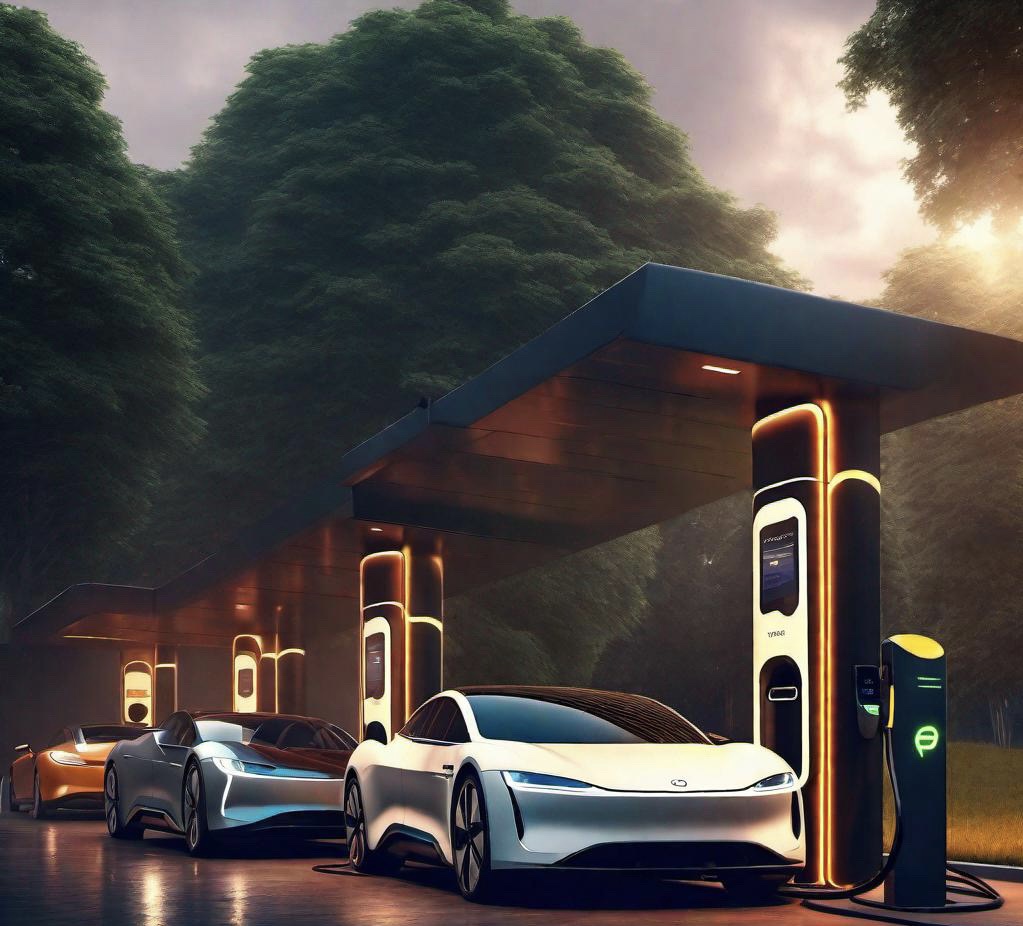The Truth About Electric Vehicle Ownership
Written by Adam Bird on 08/18/2023
The electric vehicle (EV) revolution has been heralded as a game-changer in the fight against climate change and pollution. While the push towards cleaner transportation options is commendable, it’s essential to scrutinize the notion of everyone owning an electric vehicle. This blog delves into the seemingly unrealistic proposition of universal EV ownership, shedding light on the potential downsides, including strain on the power grid, the environmental impact of lithium battery production, and the potential for control over vehicles. Let’s explore these factors and question whether electric cars are as environmentally friendly as they appear.
Lithium Battery Production: Environmental Toll
Lithium-ion batteries are the heart of electric vehicles, providing the energy that drives them. However, the production of these batteries comes at a significant environmental cost. The mining of lithium, often extracted from ecologically sensitive regions, can result in deforestation, water pollution, and habitat destruction. Additionally, the extraction of minerals like cobalt, nickel, and lithium requires substantial energy and resources, leading to increased carbon emissions.
Take cobalt, for example. A crucial component of many lithium-ion batteries, cobalt mining has been associated with human rights abuses and hazardous working conditions, particularly in regions like the Democratic Republic of Congo. The process of obtaining these minerals involves extensive diesel fuel consumption, which counteracts the very goal of reducing emissions that EVs are meant to achieve.
Strain on the Power Grid
Imagine a world where every vehicle on the road is electric. The idea seems idyllic, but the reality is far from simple. The mass adoption of electric vehicles could put immense pressure on existing power grids, potentially leading to blackouts and grid failures. The surge in demand for electricity, particularly during peak hours, could overwhelm infrastructure that wasn’t designed to handle such loads.
Charging Infrastructure: Not as Green as Advertised
Charging an electric vehicle might seem like a straightforward process, but it’s worth examining the energy sources powering these chargers. While many EV owners charge their vehicles using clean energy sources like solar or wind, a significant portion of electricity comes from non-renewable sources such as coal or natural gas. This dependence on fossil fuels to charge EVs diminishes their overall environmental benefits.
Furthermore, the charging process itself involves energy losses, from generation to distribution and finally reaching the battery. This inefficiency further questions the claim of EVs being truly environmentally friendly.
Control and Privacy Concerns
An often overlooked aspect of electric vehicles is the potential for control over these vehicles. With the integration of advanced technology and remote connectivity, there’s a possibility that vehicles could be remotely shut down or controlled. While this might be touted as a safety measure, it raises valid concerns about individual privacy and personal freedoms.
Are Electric Cars Truly Environmentally Friendly?
In light of the environmental impacts associated with lithium battery production, strain on power grids, and potential control over vehicles, the question arises: are electric cars genuinely as environmentally friendly as they’re advertised to be? While they undoubtedly emit fewer tailpipe emissions, the entire lifecycle of an EV must be considered, from raw material extraction to energy consumption during operation.
Conclusion
The push towards electric vehicles is a commendable step towards a cleaner and more sustainable future. However, the idea of universal EV ownership must be approached with caution. The environmental and infrastructural challenges associated with mass adoption should not be ignored. Instead, a more balanced approach that combines various transportation solutions, including public transit, carpooling, and sustainable urban planning, could lead to a more realistic and effective reduction in our carbon footprint. It’s vital that we approach the EV revolution with our eyes wide open, considering all aspects of its impact on the environment and society.
Disclaimer: The views and opinions expressed in this article are those of the authors and do not necessarily reflect the position of Heroes Media Group







